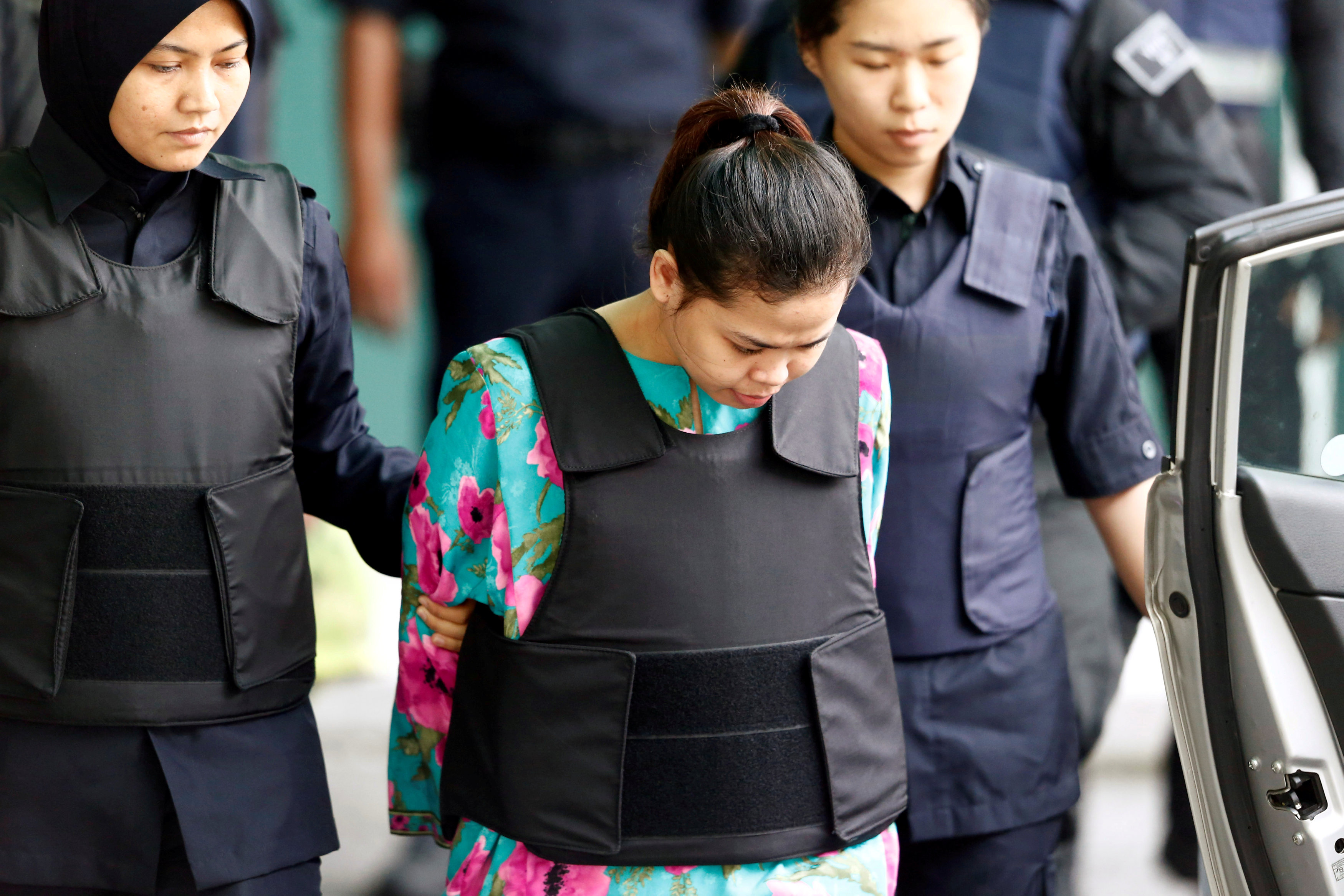
By Jibran Ahmad
PESHAWAR, Pakistan (Reuters) – The Afghan Taliban said on Tuesday they had called off peace talks with U.S. officials in Qatar this week due to an “agenda disagreement”, especially over the involvement of Afghan officials as well as a possible ceasefire and prisoner exchange.
Two days of peace talks had been set to start on Wednesday, Taliban officials told Reuters earlier, but the hardline Islamic militant group had refused to allow “puppet” Afghan officials to join.
The war in Afghanistan is America’s longest overseas military intervention. It has cost Washington nearly a trillion dollars and killed tens of thousands of people.
“The U.S. officials insisted that the Taliban should meet the Afghan authorities in Qatar and both sides were in disagreement over declaring a ceasefire in 2019,” a Taliban source told Reuters.
“Both sides have agreed to not meet in Qatar.”
Taliban spokesman Zabihullah Mujahid said earlier the two sides were still working on the technical details and were not clear on the agenda for the talks.
The U.S. Embassy in Kabul did not immediately respond to a request for comment about the cancellation.
The talks, which would have been the fourth round with U.S. special envoy Zalmay Khalilzad, would have involved a U.S. withdrawal, prisoner exchange and the lifting of a ban on movement of Taliban leaders, a Taliban leader had told Reuters.
Taliban sources said that they had demanded U.S. authorities release 25,000 prisoners and they would free 3,000, but that U.S. officials were not keen to discuss the exchange at this stage.
“We would never announce any ceasefire until and unless we achieve major gains on the ground. We have the feeling that Zalmay Khalilzad doesn’t have enough power to make important decisions,” a second Taliban official said.
The Taliban said Khalilzad would visit the United Arab Emirates, Afghanistan, Pakistan, India and China to continue the discussion. Khalilzad’s office was not available for comment.
The Taliban have rejected repeated requests from regional powers to allow Afghan officials to take part in the talks, insisting that the United States is their main adversary in the 17-year war.
The insurgents, seeking to reimpose strict Islamic law after their 2001 ouster by U.S.-led troops, called off a meeting with U.S. officials in Saudi Arabia this week because of Riyadh’s insistence on bringing the Western-backed Afghan government to the table.
Saudi Arabia, Pakistan and the UAE took part in the last round of talks in December.
Western diplomats based in Kabul said Pakistan’s cooperation in the peace process will be crucial to its success. Independent security analysts and diplomats said the neighboring country’s powerful military has kept close ties with the Afghan Taliban.
U.S. officials have accused Pakistan of providing safe haven to Taliban militants in its border regions and using them as an arm of its foreign policy. Pakistan denies the claim.
The United States, which sent troops to Afghanistan in the wake of Sept. 11, 2001, attacks on New York and Washington and at the peak of the deployment had more than 100,000 troops in the country, withdrew most of its forces in 2014.
It keeps around 14,000 troops there as part of a NATO-led mission aiding Afghan security forces and hunting militants.
Reports last month about U.S. President Donald Trump’s plans to withdraw thousands of troops from Afghanistan triggered uncertainty in Kabul which depends on the United States and other foreign powers for military support and training.
As peace talks gained momentum a draft agreement drawn up by the influential U.S. think tank RAND Corporation outlining the clauses for a potential peace deal was circulated among Afghan officials and diplomats in Kabul.
The document, reviewed by Reuters, suggests that the United States and NATO withdraw their military missions in phases over an expected period of 18 months. It adds that the United States may continue providing civilian assistance.
(Additonal reporting by James Mackenzie in Islamabad, Hamid Shalizi, Abdul Qadir Sediqi and Rupam Jain in Kabul; Writing by Charlotte Greenfield; Editing by Nick Macfie)




